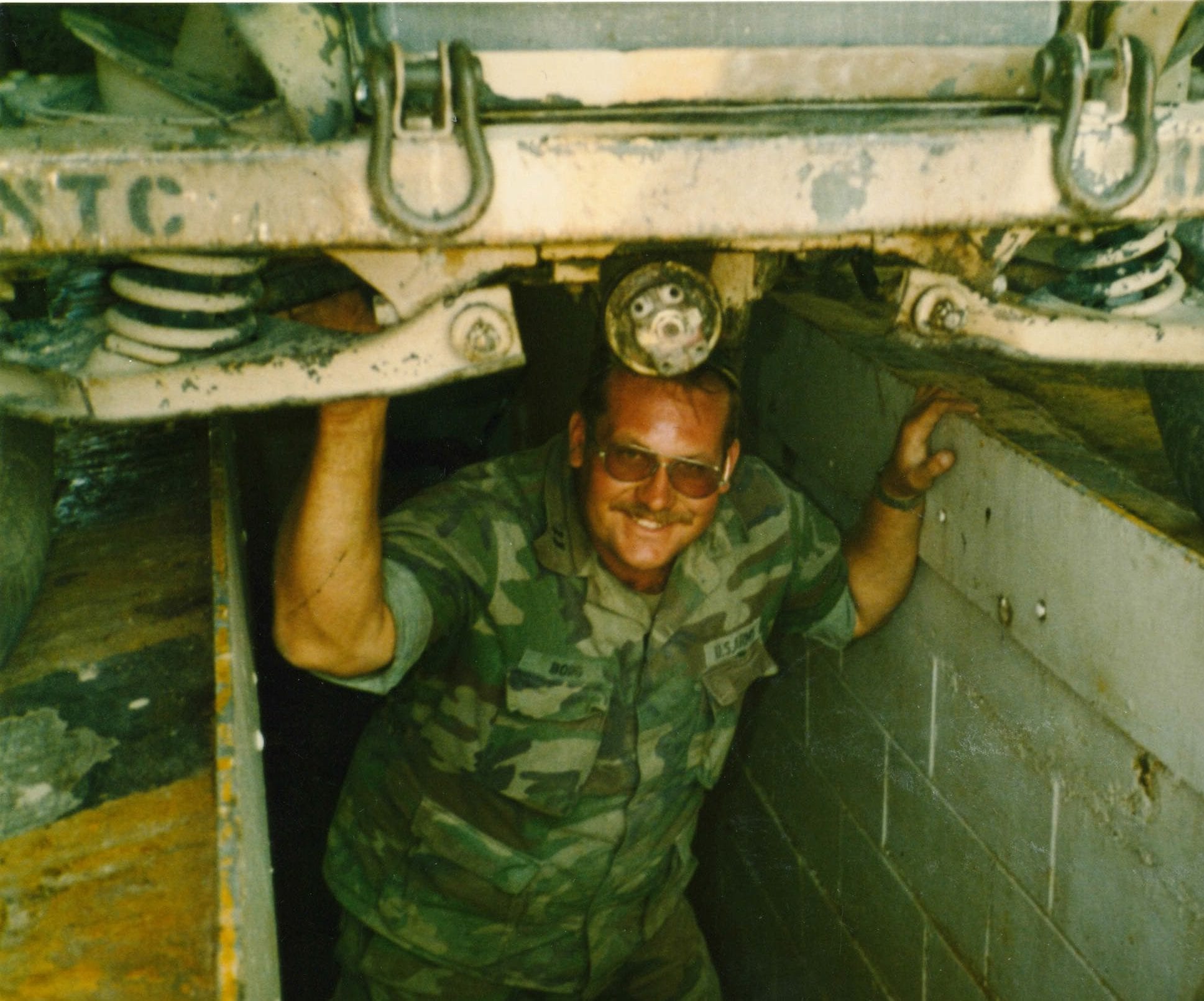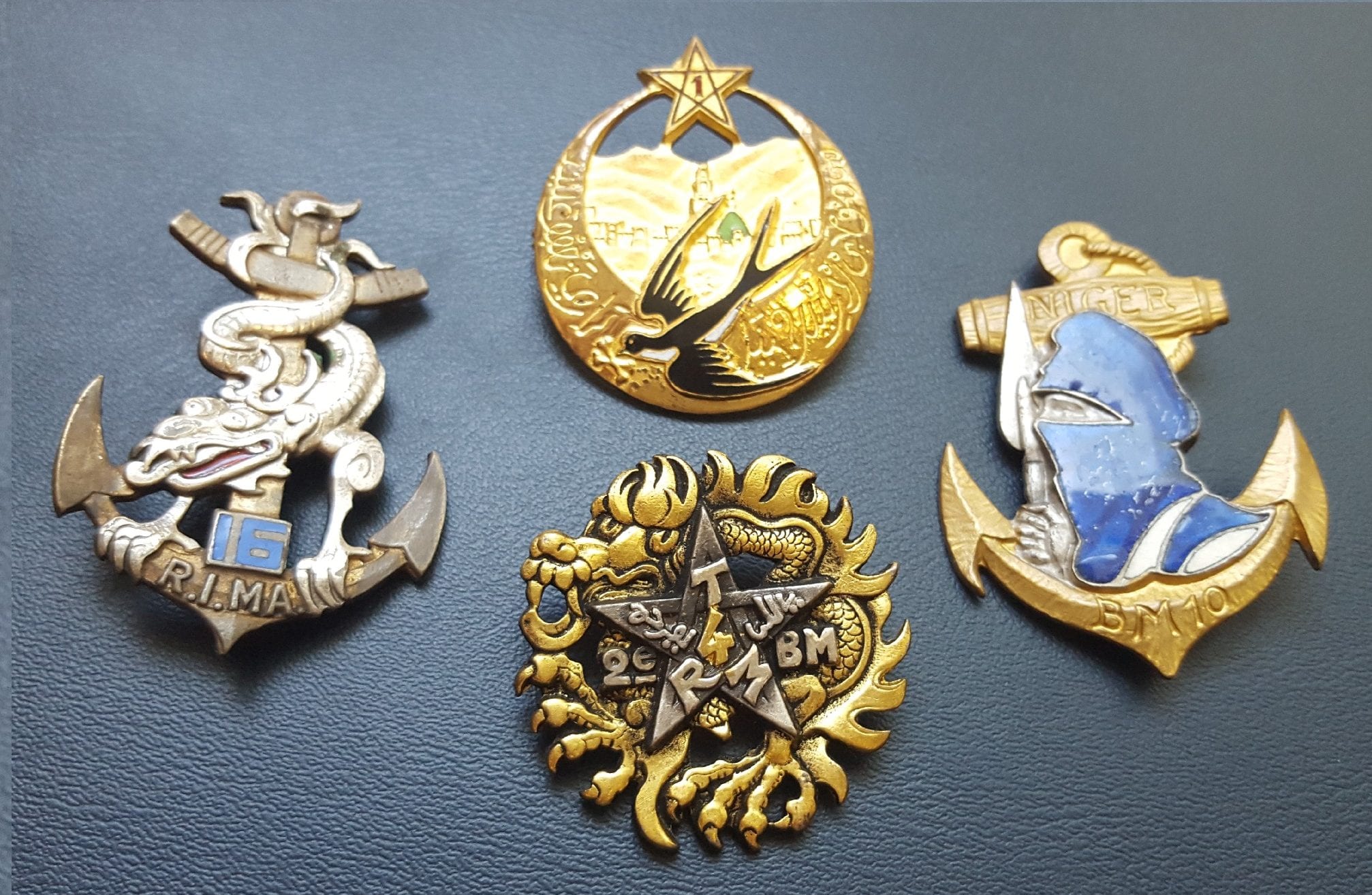Axel Borg, Emeritus Distinguished Wine and Food Science Bibliographer
Meet Axel Borg, Food, Wine and Agriculture Subject Specialist
Axel provides reference and instruction services to students, faculty and researchers in food and beverage, agriculture, nutrition, plant science and microbiology. Having served in this role for nearly 30 years, Axel has deep knowledge of his subject areas, the library’s resources and collections, and the institutional history of the departments he supports.
Q. You served almost 8 years as an officer in the Army. Are there any similarities between military service and librarianship?

Absolutely. The military requires systematic approaches to things. The same can be said of librarianship. Libraries need to be systematic, both internally and externally, so that users can go from one library to another and have similar expectations and experiences. Both also have a hierarchy; the difference is that in the military there is visible rank, not so in academia and academic libraries.
Q. As a librarian, you specialize in food, wine and agriculture. What’s one of your favorite food-related items in the library’s collections?
One of my favorite items is a hand-lettered velum book produced in 1680 — about 230 years after the advent of printing. What makes this book so interesting is that it attempts to predict the quality of grapes and wine through the 21st century.
Q. What does it mean for you to work at what many consider to be the world’s greatest wine library?
I am continuing the work of librarians before me. Building collections like this requires decades of effort. The person most responsible for the quality of the collection is not a librarian, but a faculty member, Maynard Amerine. Maynard was a bibliophile and had a very broad view of what constituted the subject area of wine and grapes. So, I am continuing the work of both librarians and an extraordinary member of UC Davis’ faculty.
Q. You’ve also taught graduate and undergraduate students. What do you love most about teaching?
What I enjoy most about teaching is the joy that I get when a student has that moment of discovery and they now see things in a new light. Participating in that experience is a wonder and a privilege. I also very much enjoy the learning that I get to do. There is nothing better to help you understand a subject than preparing to teach it and then teaching it.
Q. If you could give one piece of advice to students about how to do research, what would it be?
Research is a journey, so there are some things to keep in mind:
- You need to know the road that you traveled as well as what you found.
- When you find it, it will usually generate more questions.
- Be open to what you encounter on your journey. You will be influenced by the route you travel as you work toward your goal if you are systematic in recording what you do and what you find.
- If possible, make it something that you love, so that it becomes a labor of love.
Q. What was the high point of the past year for you in working at the library?
The explosion in digital projects that we are doing in terms of grapes and wine is wonderful; if I had to pick something, that would be it. I have also enjoyed the change in library leadership that is allowing this explosion to take place.
Q. In 2017, you became the first librarian to win the Charles P. Nash Award at UC Davis. What does it mean for you to win this award that acknowledges achievement in and commitment to promoting shared governance at UC Davis?
Service to one’s colleagues, to the people one works with, is very important to me. Speaking out for people who cannot or will not, while risky, is the right thing to do. Shared governance provides a way to advocate for one’s colleagues. These are areas and actions that Charlie Nash was known for, that he excelled in. They are important to me and something that I felt as a person of privilege, I had an obligation to do.
My father had and my mother still has a very strong sense of service and the obligations that are required of privilege. We were not wealthy, but we were very rich in experiences. I can remember that most holidays we had dinner in the mess hall of whatever military hospital my father was assigned to. He would wear his dress blues, it was important to him to share the holiday with those soldiers who were unable to be at home. The payoff for us, the kids, was that we got to choose whatever we wanted to have for the meal — and we got to have chocolate milk, something that was forbidden at home. When I was in the Army, I did the same thing and spent many holidays eating with my troops.
Q. How do you spend your time when you’re not at the library?

I love to read and have hobbies that usually involve research. Currently I am researching the historical background on my collection of French military unit badges (unit crests) from the Colonial Army that existed in the French colonies and fought in the Indochina War and the Algerian War of Independence.
Q. What was the high point of the past year in your life outside of work?
This last year my daughter was married and I very much like my son-in-law. They are a great couple and I am very happy for them.
Q. What is your favorite book?
I have so many, but one stands out as it comes back again and again for me. It is Seamus Heaney’s translation of Beowulf. There is a phrase in his translation that does not appear in other translations (at least that I know of). It is when Beowulf’s band of warriors has landed on the coast of Denmark and the coast watcher comes down to find out who they are. Beowulf, preparing to respond to the coast watcher, ‘opens his word hoard’. I feel like that is something that I do all the time. When I am in a meeting or in a conversation, and I respond to something or am talking about something, I speak slowly and that is because I am mentally picking through my own word hoard and deciding what words and phrases that I am going to use.